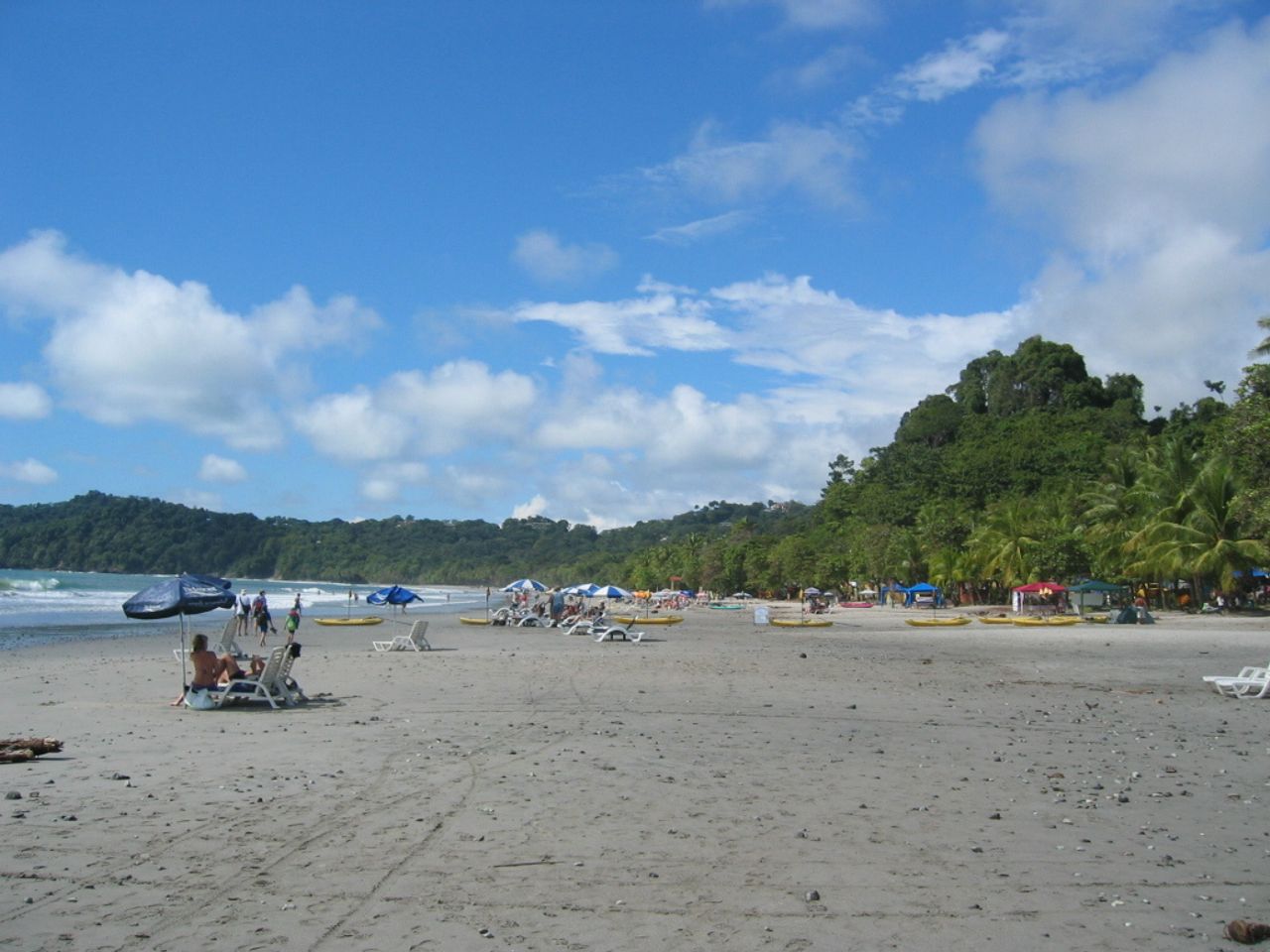Spain and Portugal have restored power following Monday's widespread outage. Remaining uncertainties surround the causes of the power failure. Here's the latest info.
Sparks are flying in Spain and Portugal following a colossal power outage that blanketed both countries on Monday, leaving countless questions unanswered. Let's shed some light on this baffling situation.
What transpired, you ask?
Initially, Spain's electrical grid was functioning smoothly until 12:33 p.m, when it suddenly encountered a disruption. Eduardo Prieto, Red Eléctrica's director of services, explained that the grid recovered after the initial shock, but a second disconnection one and a half seconds later disrupted the system's normal functioning. The event ultimately led to a "massive generation disconnection" and a disconnection of the connection lines with France. Over the span of a few seconds, 15 gigawatts of energy vanished from Spain's energy supply—equivalent to 60% of the electricity being consumed at that moment—causing the entire Spanish grid to collapse. As Prieto put it, "A second and a half may not seem like much. Indeed, it is nothing for any human action. In the electrical world it is a very long time."
Exactly what prompted this catastrophic power surge remains enigmatic.
European blackouts in the past have been easily attributable to factors such as fires or extreme weather conditions. However, this incident unfolded during a warm and sunny day in Spain, leaving us none the wiser about the culprit behind the massive blackout, even 24 hours after the event. The problem appears to have originated in Spain, as Portugal's Prime Minister, Luís Montenegro, was quick to cast blame on his neighboring nation on Monday. Spanish Prime Minister Pedro Sanchez has assembled a special commission to probe the matter further.
He also noted that an excess in renewable energy production was not the cause, dismissing one possibility. Moreover, Sanchez has confirmed that Spain's cybersecurity experts are looking into the possibility of a cyberattack instigating the blackout. Spain's top criminal court has also stated that it will be scrutinizing whether a case of "computer sabotage on critical infrastructure" was responsible.
The repercussions of the outage were far-reaching. Power was lost in most of Spain and Portugal for hours before it was finally reinstated on Monday evening. Street lamps, traffic lights, and payment terminals were all rendered useless unless they were powered by batteries; numerous shops shuttered their doors or were forced to accept only cash transactions.
Travel was also adversely affected, with flights delayed or canceled in airports across both nations. Key urban centers like Madrid, Lisbon, Barcelona, Seville, and Valencia, which serve as major transportation, finance, and tourist hubs, experienced chaotic traffic conditions due to police instructing drivers with hand signals and roads congesting rapidly. However, some scenarios were fortunately avoided, as Spain’s nuclear sites were declared safe and hospitals managed to operate through backup generators.
It would take several days for the gravity of the situation to fully materialize, with three elderly individuals succumbing to suspected carbon monoxide poisoning after using emergency generators during the blackout, according to Spain's emergency services.
The revelation of the causative factors behind the outage is of utmost importance in preventing future incidents involving the interconnected European grid. A thorough investigation is underway, involving both Spanish and Portuguese grid operators and cybersecurity teams, to detect the root cause. So far, Red Eléctrica has refuted the possibility of a cyberattack, but no definitive cause has been identified.
Enrichment Data: - The European power grid, intricately interconnected, was affected by the incident in parts of France as well. - Although preliminary reports pointed at extreme temperature variations causing induced atmospheric vibration in high-voltage power lines, the exact cause is as yet undetermined. - The investigation may take weeks or months to fully understand the cause of the incident and to prevent future disruptions in the European power grid.
- Spanish Prime Minister Pedro Sanchez has confirmed that Spain's cybersecurity experts are investigating the possibility of a cyberattack causing the massive blackout in Spain and Portugal.
- The European Union's top criminal court will scrutinize whether a case of "computer sabotage on critical infrastructure" was responsible for the blackouts in Spain and Portugal.
- In general-news and crime-and-justice sections, reports suggest that three elderly individuals died from suspected carbon monoxide poisoning after using emergency generators during the blackout.
- Despite preliminary reports pointing towards extreme temperature variations causing induced atmospheric vibration in high-voltage power lines as the cause for the blackout, both Spanish and Portuguese grid operators, along with cybersecurity teams, are still investigating to find the definitive reason for the incident in Spain and Portugal, which had repercussions for the European power grid as well.










